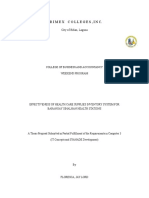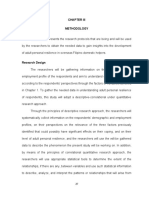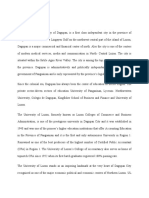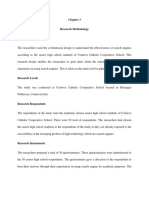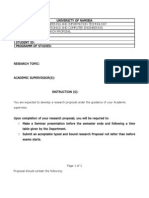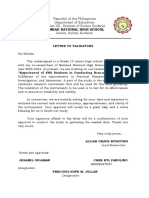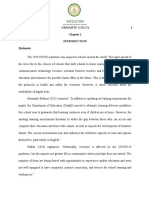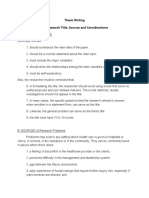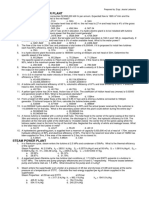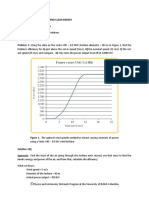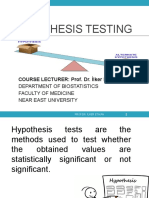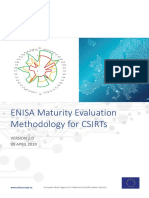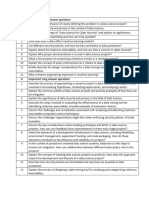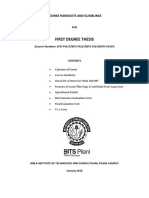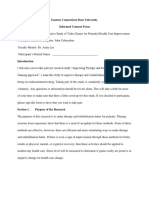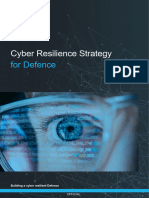0% found this document useful (0 votes)
274 views43 pagesResearch Format
The document presents a thesis for developing an improvised 60W mini water pump powered by DC motors. It discusses the need to determine materials, fabrication processes, technical testing, advantages in terms of portability, cost, power efficiency and safety factor. The study aims to answer what is needed to fabricate the electrical, electronic and mechanical parts, the assembly, installation and wiring processes, and performance testing. It also examines portability, cost, power efficiency and safety to propose an improved mini water pump design.
Uploaded by
ibong tiriritCopyright
© © All Rights Reserved
We take content rights seriously. If you suspect this is your content, claim it here.
Available Formats
Download as PDF, TXT or read online on Scribd
0% found this document useful (0 votes)
274 views43 pagesResearch Format
The document presents a thesis for developing an improvised 60W mini water pump powered by DC motors. It discusses the need to determine materials, fabrication processes, technical testing, advantages in terms of portability, cost, power efficiency and safety factor. The study aims to answer what is needed to fabricate the electrical, electronic and mechanical parts, the assembly, installation and wiring processes, and performance testing. It also examines portability, cost, power efficiency and safety to propose an improved mini water pump design.
Uploaded by
ibong tiriritCopyright
© © All Rights Reserved
We take content rights seriously. If you suspect this is your content, claim it here.
Available Formats
Download as PDF, TXT or read online on Scribd
/ 43










